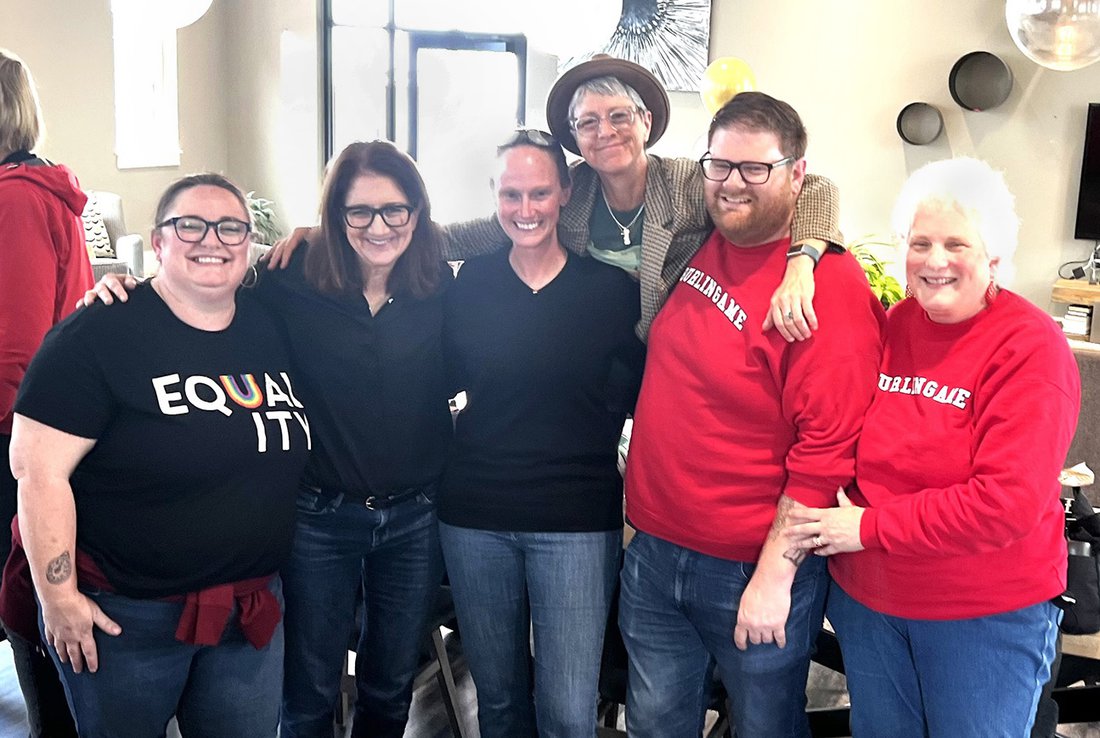
ACSA’s Special Education Administrator of the Year Holly Wade says she’s proudest of working with her teams to create programs that “presume competence for kids, that give parents hope for the future, and students a path to a choice.”
Wade makes sure all students feel welcome
September 2, 2024
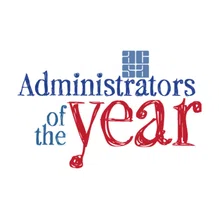
Name: Holly Wade
Award: Special Education Administrator of the Year
Title: Director of Special Education Services, San Mateo Union High School District
ACSA highlights: Member since 2006; Academy participant (Special Education, Superintendents); conference presenter; mentor in Mentoring Program.
Guided by her mantra, “All Welcome, All Ways,” Special Education Administrator of the Year Holly Wade is expanding opportunities for all by communicating a vision where special education students have experiences that match their peers.
As director of Special Education Services at San Mateo Union HSD, Wade is reducing barriers in order to better serve students and families. For instance, Wade created a first-of-its-kind parent information night for Spanish-speaking parents to learn about special education services. The learning sessions were presented by parents of students with disabilities and set up so that families would feel comfortable asking questions of parents like themselves.
She has led work to address the overidentification of students who identify as Latino/Hispanic for specific learning disabilities and has worked hard to provide other instructional options and interventions to meet these students’ needs.
Wade is a visionary willing to pilot new ideas and reaches out directly to students and families to make sure their voices are heard. Whether it’s a request for an accessible playground or a teacher exploring how AI can support the IEP process, Wade is constantly looking for new ways to ensure that students are served.
She believes adults need to adjust to what’s best for students, not the other way around. In a district where inclusion was basically non-existent, Wade piloted a neighborhood school model so special education students wouldn’t need to be transported to other sites. Training was provided to each school site, giving staff the skills and confidence to support this change. While it was more work for adults, special education students were now able to receive a quality education close to their homes.
“I don’t think it is too strong to say that Holly changed much of the thinking about special education in the Palo Alto community,” said Kevin Skelly, who hired Wade when he was superintendent of Palo Alto USD in 2010. “She galvanized parents, staff members, administrators, and other allies to push special education students’ opportunities as integral to our equity efforts. She hired strong staff members, built high expectations for those around her, and, most importantly, fought to make sure each individual student had the best services they could possibly have.”
What’s your favorite book or quote on leadership?
After years spent teaching in various educational settings, navigating university academia, and pursuing advanced degrees, it wasn’t until I truly listened to the voices of my students and young people that everything clicked. It took enrolling in an introductory course on disability studies for me to realize that my approach to my work needed a profound shift. Understanding the disability experience through the lens of people with disabilities and exploring its intersections with other aspects of identity, and understanding the lived experiences of those I was serving completely transformed my perspective on education and leadership. Texts like “Disability History,” “No Pity,” and “Nothing About Us Without Us” played pivotal roles in shaping my understanding of disability justice and the importance of inclusion to create meaningful and truly welcoming places to be together.
My favorite quote comes from a disability activist and leader, Judith Snow: “It is the difference that makes meaning possible, without that we would not be able to interact.” I heard Judith speak many years ago, and that has resonated and been on my bulletin board wherever I have worked.
What’s the best advice you’ve ever been given?
My mentor of many years emphasized the importance of relationships. Actually, she said frequently to me, “Relationships, relationships, relationships.” That shaped my practice both in the classroom and as an administrator. The relationships you develop will impact how your teams perform and how you build trust.
What’s your best strategy for work-life balance?
I think it would be hard to say that I have a simple answer to this. One important learning I’d like to share is about setting boundaries. It took me a few years to manage interactions with students, families and our team while also honoring my own needs and those of my family. Amidst numerous stressors tugging us in various directions, prioritizing self-care serves as a reliable compass for maintaining that balance.
What are some life hacks that you would recommend for a new administrator?
For a new administrator, I recommend developing a system of time management that works for you. An effective time management system will allow you to prioritize self-care while being more productive in your work. Block out time in your schedule for focused work, breaks and personal tasks. Use a system that works best for you to maintain productivity.
What would people be surprised to learn about you?
Conflict is hard for me. It often surprises people when I mention this, considering I’ve held roles for years that are often rife with conflict. With time, I’ve honed my skills in managing and defusing tense situations, but it remains a continuous effort for me.
What made you want to become a school administrator?
After teaching for many years, I realized that I wanted to support teachers, students, families and school communities differently. I wanted to be in a position to make changes and remove barriers so students could access the highest quality instruction and have access to develop their unlimited potential.
What’s the biggest challenge you’ve overcome to get where you are?
Just pick one!?? I think the challenge for me has always been the balancing act between advocacy for inclusion and the reality of systemic barriers. As a leader, you must walk the line.
What are you most proud of accomplishing?
I think I have been a champion for inclusion my entire career. In every role I have played, finding strengths and talents in the students I served and creating paths for their meaningful relationships and participation in the environments that they chose.
I’m proud of all the different programs that I’ve helped create everywhere I’ve gone. Programs where there were none, programs that presume competence for kids, that give parents hope for the future, and students a path to a choice. I have mentored and attempted to teach and inspire teams about how to honor parents and think about how to meet their dreams and provide what they want for their children. I’m proud of always thinking outside of the box to ensure that we do what’s best for kids, and not the adults; of finding the balance between building a program, and not letting it be a place we send all our kids that get pushed out; of doing things differently because we can and it is right.
How has ACSA supported you in your career/current position?
ACSA has provided me a wealth of knowledge and support. Attending two ACSA Academies over the years built my foundational skills and helped me to connect with other leaders of this work. Some of those folks remain friends and colleagues to this day. By attending annual workshops, as a leader I continued to expand my practice and my understanding of model exemplars in our work.
How do you motivate others to serve students?
Grounding your work in laughter and fun is essential to create a team that works hard and finds joy in the work and each other. There’s ample cause for celebration, whether it’s having a supportive team that marks birthdays, extends care during tough times, or simply shares a coffee without any agenda. Teams like these excel in supporting children and consistently prioritize doing what’s right.
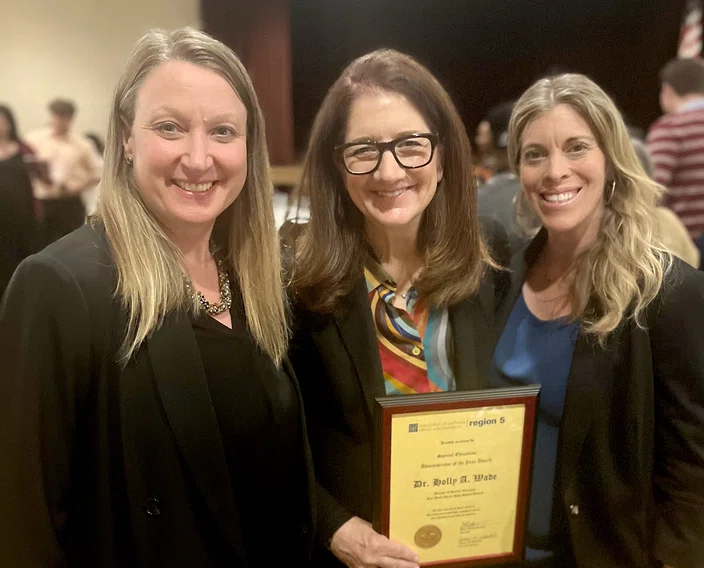
As director of Special Education Services at San Mateo Union HSD, Holly Wade is reducing barriers in order to better serve students and families.
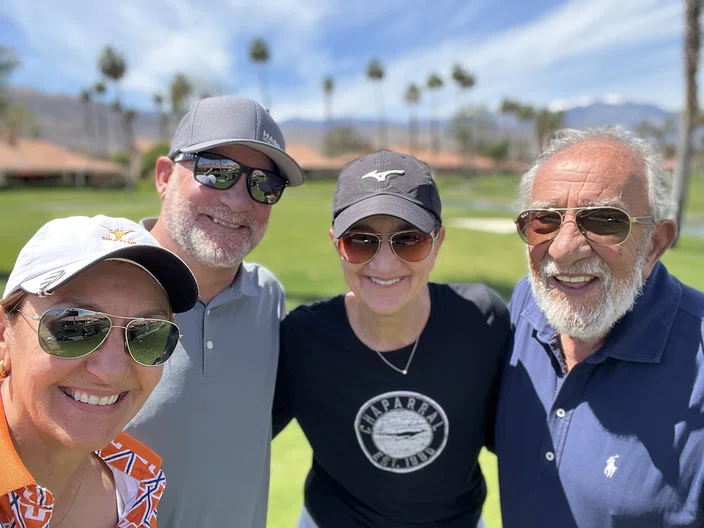
Placing a high value on building relationships shaped Holly Wade's practice both in the classroom and as an administrator.
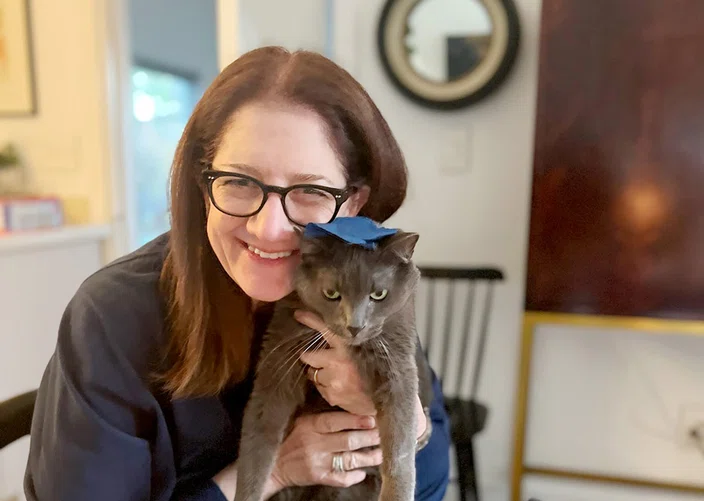
Holly Wade believes that prioritizing self-care serves as a reliable compass for maintaining work-life balance.




